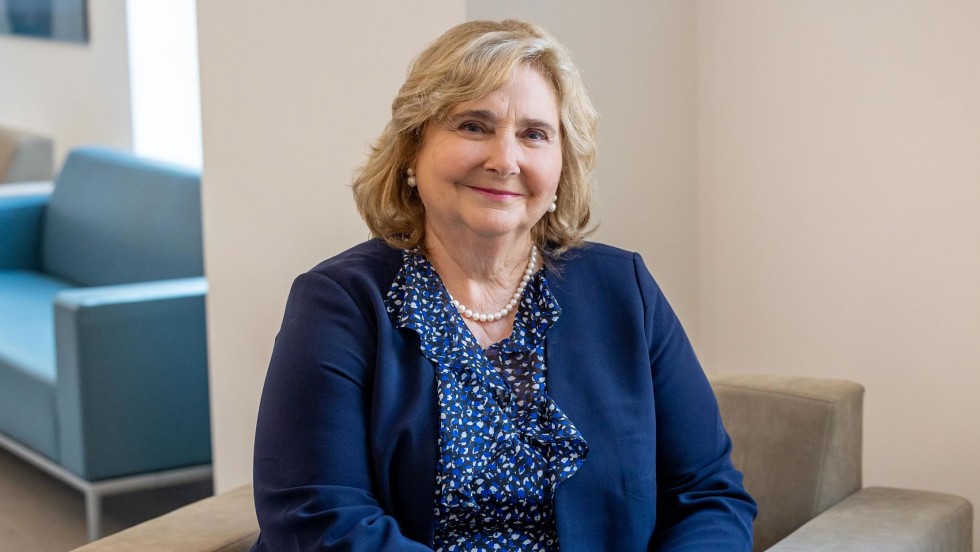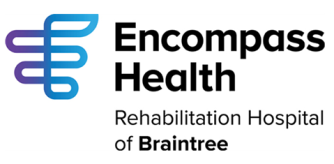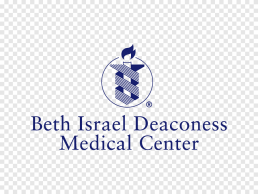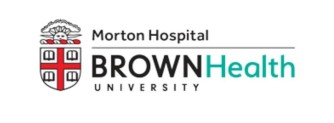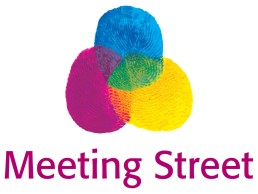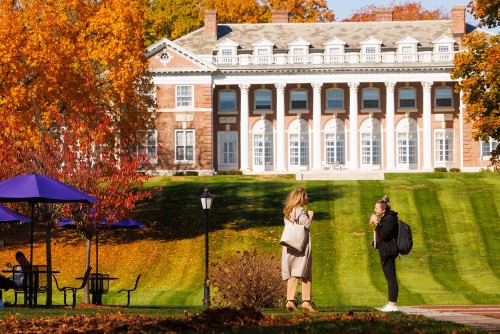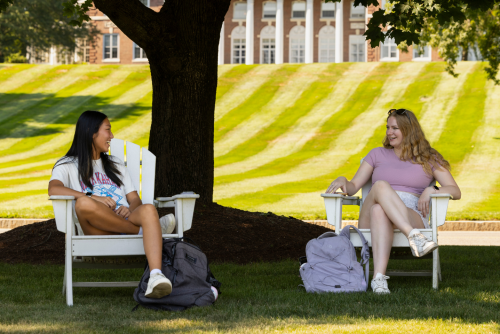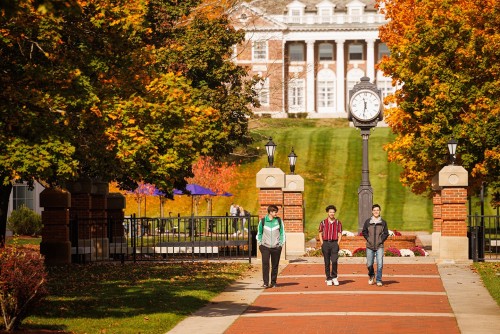Nursing Major
Stonehill’s nursing program integrates clinical excellence with a values-based education, preparing nurses to care for patients with both expertise and empathy.
Stonehill Nursing Program Overview
The Bachelor of Science in nursing program (BSN) is a four-year degree that combines rigorous classroom learning with hands-on clinical experiences in a variety of healthcare settings. Stonehill nursing students benefit from personalized mentorship and guidance while developing the skills to serve diverse populations, promote health and wellness and lead with confidence in a rapidly changing healthcare environment.
Where Compassion Meets Innovation
Stonehill’s nursing major prepares future nurses as compassionate leaders in today’s healthcare system. Blending the College’s strength in the sciences with its mission-centered belief in the dignity of every person, the program features state-of-the-art simulation labs and clinical training that equip graduates to meet healthcare challenges with knowledge, integrity and care.
Focus on Community Care Reflects Our Values
From first year through senior year, community health will form a central pillar in our program.
During their first year, students will explore food insufficiency and access issues. As part of Stonehill's Experiential Learning Guarantee, they will engage with The Farm at Stonehill and its Mobile Market, which distributes fruits and vegetables grown on the farm to communities that otherwise do not have easy access to healthy and fresh foods.
In our simulation lab, there will be a space that models an apartment, allowing students to practice communication skills with standardized patients in a residential setting.
In addition, students will have the opportunity to engage in service-learning trips with the potential for nursing internships in the places where they have served.
Nursing Clinical Experiences
Stonehill’s nursing program offers extensive hands-on learning both on campus and through partnerships with regional healthcare providers. Clinicals begin in the fall of your sophomore year, giving you the opportunity to apply classroom knowledge early in your journey. Rooted in the College’s mission of educating the whole person, these experiences invite students to reflect on their growth and gain mentorship and support from faculty and practitioners. By engaging in this cycle of learning, students strengthen their clinical skills while deepening their understanding of self and others, preparing to lead with competence, compassion and courage in today’s complex healthcare environment.
Core Areas of Nursing You Will Study
- Care of the chronically ill and acutely ill
- Care of the family
- Evidence-based practice
- Health assessment
- Foundations of nursing
- Pathophysiology
- Pharmacology
- Population health
State-Of-The-Art Nursing Simulation Labs
Stonehill is building a new simulation lab that will give nursing students access to advanced, hands-on learning in a professional healthcare setting.
Nursing Lab Highlights include:
- A suite of bays with medium and high-fidelity simulation manikins
- Fully equipped spaces to simulate neonatal, child, adult or older adult care settings with furnishings, computers, monitors and medical equipment
- A simulated living room for practicing community health skills with standardized patients
- An observation area and control room to support two-way communication with faculty
- A central conference area with flexible seating for pre-briefing and debriefing activities
- SimCapture equipment for recording and debriefing simulation-based training sessions
- Automated medication dispensing cabinet to provide authentic med cart training experiences
Renderings of the new simulation lab
BSN Cohort Model Fosters Lifelong Friendships, Support Network
Our cohort model means that nursing students who start together will advance through the program together. The shared experiences result in community of friends who inspire and support you as reach beyond your perceived limits.
It starts Day 1. Nursing students attend the First Year Experience together during fall semester and volunteer together at The Farm at Stonehill, where they learn about the health implications of food insufficiency and about the Supplemental Nutrition Assistance Program (SNAP) and the Special Supplemental Nutrition Program for Women, Infants, and Children (WIC).
Stonehill Bachelor of Science in Nursing from Classroom to Clinicals
Nursing students engage in foundational arts and sciences courses during the first year. There is not a clinical component, however the first-year writing seminar and First Year Experience course encourage reflection on the profession. A unique requirement for all Stonehill students is that each student must complete 50+ hours of experiential learning during their time at the College. In nursing, first-year students will work on the college farm and in the mobile van that distributes fresh produce. They will explore issues related to food access, food insufficiency, organic vs. highly processed food, the Supplemental Nutrition Assistance Program (SNAP) and the Special Supplemental Nutrition Program for Women, Infants, and Children (WIC).
In the fall of their second year, nursing students take general education courses and start their nursing core with Foundations of Professional Nursing and Health Assessment. In these courses, students will use a combination of classroom, clinical and simulation experiences to learn basic nursing skills and how to complete a health history and a physical exam. They also will learn about the origins of the profession and principles of nursing and apply these with patients primarily in long-term and assisted living environments. During the spring students will learn about health care needs of the family, from the expectant mom up to and including the adolescent. Students will explore the birthing process and care of the child while addressing needs of the family in the classroom and simulation lab. Clinical may take place in labor, delivery and postpartum units, pediatric inpatient units, and schools.
In the fall of the third-year, nursing students engage in classroom, simulation and clinical practice related to the care of adults with chronic illness. This course will equip students to care for patients who have a long-term illness that does not resolve quickly if at all and requires a holistic and team approach to manage successfully. Students will learn about common chronic mental and physical health conditions and have simulation and clinical experiences in psych mental health agencies and medical/surgical units. In the spring, students will learn about adults with acute-care illness. Classes, simulation and clinical will focus on patients who quickly develop health problems and need immediate attention. Clinical will take place in acute care medical surgical units, critical care, and the emergency room.
In the final year of the program, students move to Population Health in the fall where they will explore individual, group and systemic health issues. Clinical will take place in patients’ homes and community clinics. In the spring, students have their capstone coursework in leadership and management and a nursing internship. Content is online and clinical is accomplished through assignment to a BSN preceptor in an area that the student is interested in. Students will also have an opportunity to prepare for their nursing state board exams.
Sample Courses
Developmental Psychology Across the Lifespan
Nursing Care of the Adult with Chronic Illness
Care of the Family
Become a Great Nurse and Live a Rich Life
Stonehill’s holistic approach to nursing education means you not only gain career-specific learning and experiences but also have countless opportunities to broaden your perspective and deepen your knowledge in the areas of art, business, history and languages. It includes courses in writing, ethics and other areas that explore existential nursing questions and includes the ability to participate in community service and research.
Mission and Philosophy
Stonehill’s BSN program is well aligned with the College’s mission and philosophy, which emphasizes the development of the whole person through a commitment to academic excellence, social responsibility, and community engagement. The program and the school will cultivate these values in its students, encouraging them to become compassionate caregivers who advocate for their patients and contribute positively to the health of their communities.
Career Development Resources
Stonehill's Career Development team offers extensive assistance to students seeking employment, pursuing advanced studies or participating in postgraduate service opportunities. By completing internships and utilizing mentors, students are empowered to build lifelong career management skills.
Stonehill College Appoints Interim Dean of Nursing
A Growing Demand for Nurses
The outlook for registered nurse careers in the United States is exceptionally strong. According to the Bureau of Labor Statistics, employment of registered nurses is projected to grow faster than the average for all occupations.
According to U.S. Bureau of Labor Statistics, employment of registered nurses in Massachusetts is projected to grow 8 percent through 2032, faster than the average for all occupations.
According to ZipRecruiter the average median salary for a registered nurse is $95,962 in Massachusetts.
According to a 2024 report by the Center for Health Information and Analysis, Massachusetts healthcare providers across all sectors, including hospitals, long-term care and home health, are experiencing a 17% RN vacancy rate, highlighting the demand for new nursing professionals.
Potential Cooperating Agencies Letters of Support for the BSN Program
In addition to the partners highlighted below, several agencies have also provided letters of support and expressed interest in partnering with Stonehill’s nursing program. These organizations have indicated their willingness to offer opportunities for students to gain valuable experience in the field of nursing. They include Asaker Associates, a private medical practice; Brockton Neighborhood Health Center; the City of Brockton Health Department; the Stonehill Employee Health and Wellness Center; Copley at Stoughton; and the Catholic Schools Office at the Diocese of Fall River.
Recent Accolades
Organizations involved in assessing U.S. colleges and universities continually cite Stonehill as being among the best in the nation when it comes to value, outcomes and a commitment to making the world a better place. See full list of accolades.
-
2026 Princeton Review Rankings Place Stonehill in Top 15% of U.S. Colleges
The Princeton Review, the renowned arbiter of excellence in higher education, has chosen Stonehill College for inclusion in its recently released publication The Best 391 Colleges: 2026 Edition. In addition to this overarching achievement, The Princeton Review also placed Stonehill as No. 16 in its rankings of the top 25 best college athletic facilities.
-
Stonehill Ranked Among Money’s 2025 Best U.S. Colleges
Magazine’s research shows Stonehill among top 10% nationwide.
-
Wall Street Journal 2025 Rankings Place Stonehill Among Best Colleges in U.S.
Stonehill College has been recognized again this year by The Wall Street Journal for the value it provides students, especially in the areas of career preparation and character development.
Application Deadlines
Students should choose the application option that best suits their interest and complete their applications by the appropriate deadline. Please know that information and materials submitted to the Office of Undergraduate Admission cannot be returned to students.
| Application Plan | Application Deadline | Decision Notification | Binding? |
|---|---|---|---|
| Early Decision* | December 1 | Late December | Yes* |
| Nursing Early Action | December 15 | Mid-January | No |
| Early Action II | January 15 | Late February | No |
| Early Decision II* | February 1 | Mid-February | Yes* |
| Regular Decision | February 15 | Mid-March | No |
*Note: As stated in the Common Application's Early Decision Agreement, if you choose to apply to Stonehill as an Early Decision or Early Decision II applicant and you are admitted, you must enroll at the College.
Contact Information

